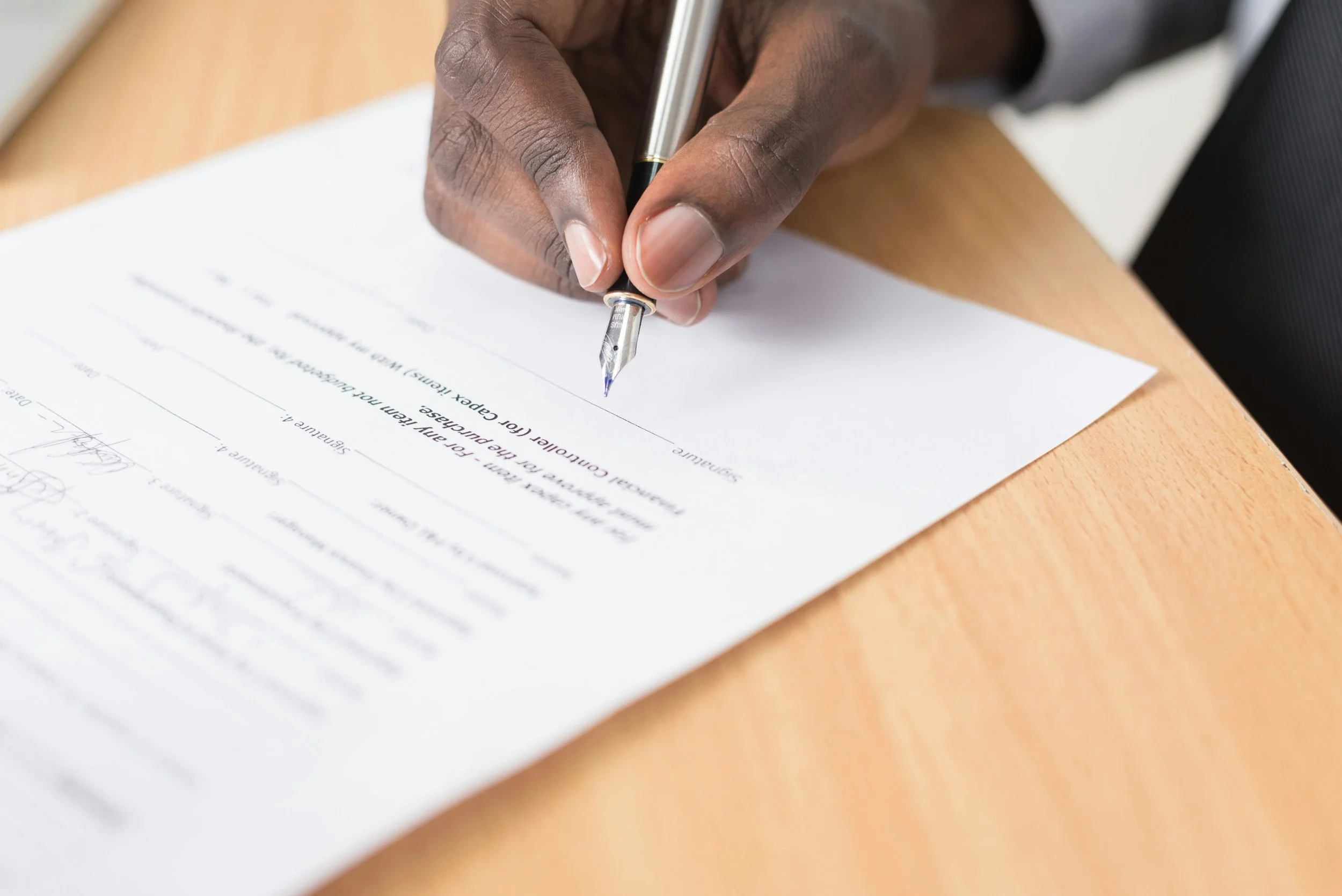15. Power of Attorney (POA)
What is a Power of Attorney (POA) Document?
You suddenly find the perfect property investment, but you're swamped with work and can't be physically present for the transaction. Or perhaps you're an NRI residing abroad, looking to manage your property back home. What do you do?
Enter the Power of Attorney (POA), your trusty sidekick in the world of real estate. It's a legal document that empowers another person (your chosen representative) to act on your behalf in specific matters related to your property.
Think of it as giving someone your 'real estate superpowers' temporarily, allowing them to handle tasks like buying, selling, renting, or even managing your property while you're unavailable or prefer to delegate.
Why is a Power of Attorney Important in Real Estate? It's More Than Just Convenience
A POA is not just a handy tool for busy individuals; it's a strategic move that can significantly impact your real estate dealings, offering both convenience and legal protection.
Here's why it matters:
Empowering Remote Control: A POA allows you to conduct property transactions even when you're not physically present. Whether you're traveling, residing abroad, or simply unable to attend in person, your trusted representative can step in and handle things for you. This is particularly beneficial for NRIs who invest in Indian real estate. According to a 2023 survey, over 40% of NRIs rely on POAs to manage their property transactions in India.
Delegating with Confidence: If you're overwhelmed with other commitments or lack expertise in certain real estate matters, a POA lets you hand over the reins to someone you trust. They can manage property-related tasks on your behalf, ensuring your interests are protected. This can be especially helpful for elderly individuals or those with limited mobility.
Streamlining Transactions: In situations where multiple owners are involved, a POA can expedite the decision-making process and avoid delays, especially when obtaining signatures from all parties is challenging. This can be a lifesaver in time-sensitive transactions or when dealing with inherited properties with multiple legal heirs.
Legal Protection & Peace of Mind: A well-drafted POA clearly defines the agent's authority and limitations, safeguarding you from potential misuse or unauthorized actions. It's like having a safety net in place, ensuring your property and interests are protected even when you're not physically present to oversee everything.
Documents Typically Required for a Power of Attorney (POA) in India
While the specific requirements may vary slightly depending on the state and the purpose of the POA, here's a general list of documents you'll typically need:
Essential Documents:
The POA Document Itself: This is the core document, clearly outlining the powers granted to the agent, their duration, and any specific limitations. It must be registered in Sub registrar office locally or notarised outside India in case of Non Resident Indians with paying sufficient adjudication charges in India.
Identification Proof: Both the principal (the person granting the power) and the agent (the person receiving the power) need to provide valid identification documents. These could include:
Aadhaar card
Passport
PAN card
Voter ID card
Driving license
Address Proof: Similar to identification proof, both parties need to provide proof of their current address. This could include:
Utility bills (electricity, water, gas)
Bank statements
Rental agreement
Passport
Passport-size Photographs: Recent passport-sized photographs of both the principal and the agent are usually required.
Key Takeaways
Choose your agent wisely. Granting a POA involves a high degree of trust, so select someone you can rely on implicitly.
Clearly define the scope of authority. Be specific about the powers you're granting to the agent to avoid any misuse or misunderstandings.
Consider registering the POA. Registering the POA at the sub-registrar's office adds an extra layer of security and legal validity
Review and revoke if necessary. Regularly review the POA and revoke it if you no longer trust the agent or their services are no longer required.
Conclusion: Your Trusted Delegate
A Power of Attorney is a powerful tool that can simplify your real estate journey. By understanding its significance and using it judiciously, you can delegate responsibility, enable remote transactions, and ensure smooth property management. Remember, a well-drafted POA is your trusted delegate in the world of real estate, allowing you to focus on other important aspects of your life while your property affairs are in capable hands.

